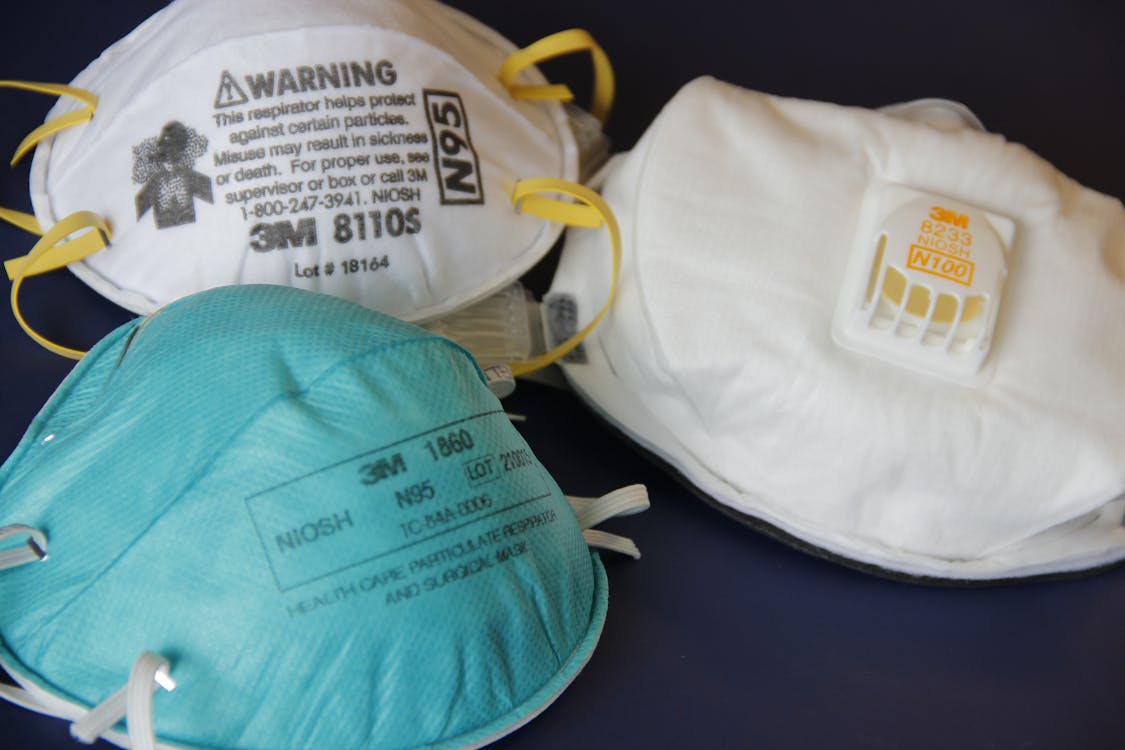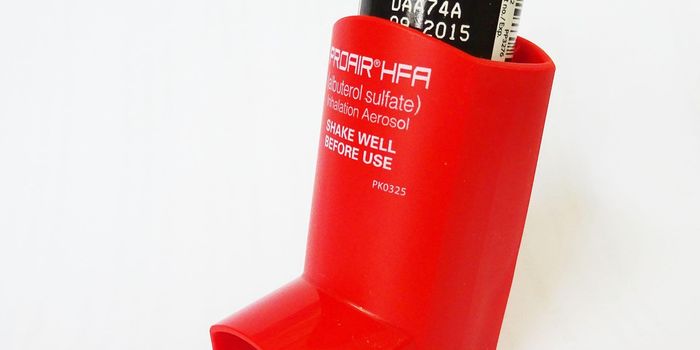The physics behind the face mask
A study published in Physics of Fluids investigates the physics of face masks to better comprehend how we can effectively combat the COVID-19 virus that has spread worldwide in the last year. The study explores how design, material, and comfort impact the effectiveness of face masks in preventing disease transmission.
From their analysis, the researchers determined that face masks made from hybrid polymer materials are the most efficient at simultaneously filtering particles at high efficiency and maintaining a comfortable face temperature for the user, a feature which has been shown to be imperative for maintaining continued, effective mask use. As the researchers report, hybrid polymer fibers are especially effective in this sense because they are transparent to infrared radiation, which permits heat to escape.

The thermal comfort feature comes into play particularly for essential workers for must wear face masks for many hours at a time, and even more so in hot, humid settings.
"There could be some relation between breathing resistance and the flow resistance of the face mask which will need to be studied for a face mask-wearing interval," said author Heow Pueh Lee. "Also, the environmental condition in the compartmental space within the face mask will need to be more accurately quantified using miniaturized sensors and the development of human replicas for such studies."
In conducting their study, the researchers considered epidemiological studies that looked at the impact that face masks have on reducing the effective reproduction number. In epidemiology, the reproduction number refers to the reproductive ratio of an infection. If the reproduction number drops below 1, the epidemic stops spreading.
In considering one particular study of COVID-19 data from New York, author Sanjay Kumar comments: "The results suggest that the consistent use of efficient face masks, such as surgical masks, could lead to the eradication of the pandemic if at least 70% of the residents use such masks in public consistently. Even less efficient cloth masks could also slow the spread if worn consistently."
As Kumar implies, different types of masks have different capabilities. While cloth masks may be effective at stopping the expelling of fluid droplets from the nose and mouth measuring 5-10 microns, only N95s are capable of filtering out aerosol-sized droplets of less than 5 microns.
Sources: Physics of Fluids, Eureka Alert








